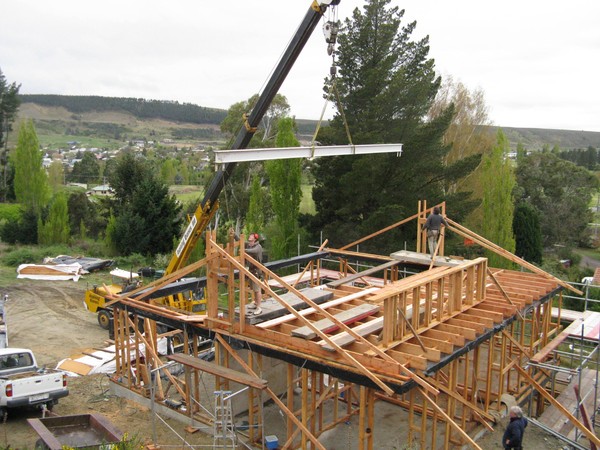Nationally, 2,418 new dwellings were consented in February which, once seasonally adjusted, was a 14% increase on January.
However, February’s total was a mere 1.6% increase on February 2016 and only partly reversed large falls in November and December last year.
Statistics New Zealand business indicators senior manager Neil Kelly said that, overall, the trend for dwelling consents has fallen, after reaching a 12-year high in mid-2016.
The decrease has been driven by Canterbury and Auckland, although the trends for other parts of New Zealand are also showing signs of flattening or decreasing, he said.
“While we saw a strong seasonally adjusted increase this February, the actual number of homes consented was up only slightly from last year.”
Given New Zealand – and particularly Auckland’s – supply shortage, the declining consents trend constitutes a big worry.
ASB senior economist Jane Turner said the fall in consent issuance since late-2016 is concerning given existing supply shortages, particularly in Auckland and Wellington.
The bounce back in February was encouraging but further growth is needed to return consents back to the levels recorded in the third quarter of 2016, she said.
“Strong population growth over the past few years has lifted housing demand in many parts of the country, and we expect strong housing construction to continue at least for another year.”
Turner said February’s lift does appear fairly broad-based across regions and type – with just Canterbury proving the exception with small declines.
“In Auckland, consents for standalone houses, townhouses and apartments all lifted.
“But annual growth remains stronger for town-houses than standalone houses, pointing to increased intensification of Auckland’s housing stock.”
Westpac senior economist Satish Ranchhod took a more positive view of today’s data – particularly for Auckland.
He said that, notably, consent issuance in Auckland has picked up with a strong rise in multi-unit consent numbers, and they expect to see further gains.
“For the past few months we’ve seen soft issuance levels in Auckland, despite growing population pressures.
“But with the Unitary Plan having now cleared legal hurdles, it appears developers are coming back into the market.
“Nevertheless, with only around 10,000 consents issued over the past year, the level of issuance in Auckland still remains below what’s needed to keep up with surging population growth in the region.”
It is generally estimated that Auckland needs between 11,000 and 13,000 new dwellings built every year for the next decade to address the shortage and keep up with demand.
Read more:
Fears over building industry capacity
Supply is key to boom end




 Search
Search
